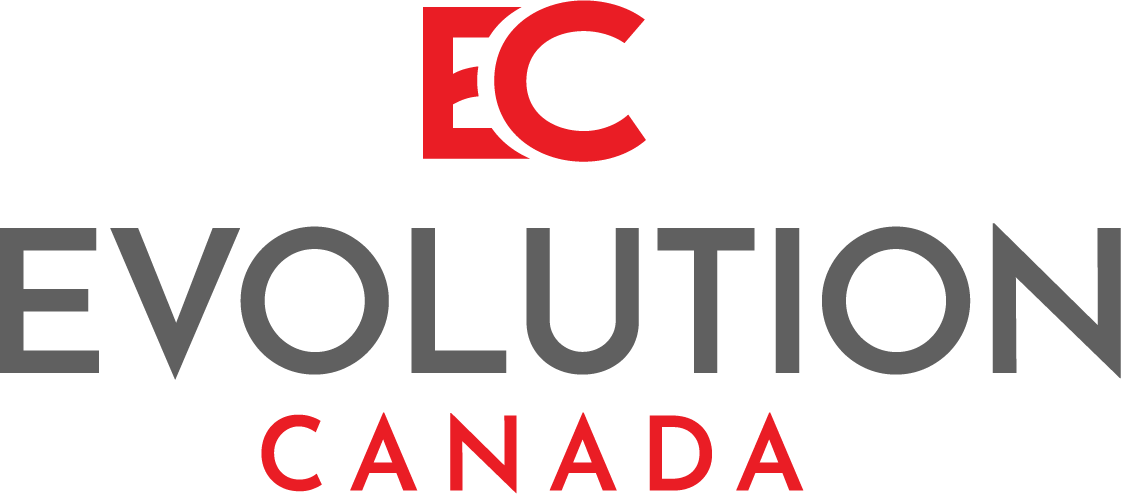Cross-Skilling Deconstructed: A Beginner’s Guide
Imagine you’re a chef who’s also really good at fixing cars. It might seem odd at first, but being skilled in both cooking and auto repair makes you incredibly versatile. You can whip up a gourmet meal in the kitchen and then tinker under the hood of a car with ease. That’s the power of cross-skilling!
Now, why is this such a big deal? Well, picture yourself in a job market where employers are looking for someone who can do more than just one thing. By being cross-skilled, you’re not limited to just one field or role. You become like a Swiss Army knife, ready to handle whatever tasks come your way. And it’s not just about being handy in different situations. Cross-skilling opens up doors for career growth and advancement. You’re not stuck on one path; you can explore different avenues and industries. Plus, it shows employers that you’re adaptable and can thrive in diverse environments.
Let’s explore some of the perks of cross-skilling for people from different backgrounds, along with some real-life examples:
More Employability: Learning new skills makes you more attractive to employers who want versatile workers. Like, imagine a graphic designer who also knows how to code websites. They can take on web development projects alongside their design work, making them a hot commodity in the job market.
Being Tougher in Tough Times: Having skills in different areas helps you stay strong even when industries face challenges. Picture a journalist who’s also savvy in digital marketing. If journalism gigs dry up, they can easily switch to content marketing roles.
Thinking Outside the Box: Mixing knowledge from different areas gets your brain buzzing with new ideas. Think about a healthcare worker who knows design thinking. They can lead teams to come up with cool new ways to improve healthcare.
Making Workplaces More Diverse: When people from different backgrounds learn new things, it brings fresh perspectives to the table. Like a marketer who speaks two languages and knows how to be culturally sensitive. They can help companies reach more diverse customers.
More Job Choices: With a bunch of skills under your belt, you can apply for all kinds of jobs. Let’s say you’re a project manager who also knows about Agile methods. Suddenly, you can go for jobs in software, product management, or IT consulting, not just regular project management gigs.
To sum it up, cross-skilling brings lots of perks for people from different backgrounds. It helps you get more job opportunities, grow in your career, be flexible, meet more people in your field, be more creative, embrace diversity, and have more job choices. We’ve seen how learning different skills can help you adapt to changes in industries, explore new career paths, and come up with fresh ideas. So, by embracing cross-skilling, you can make the most of your talents and do well in a job market that’s always changing and super competitive.





